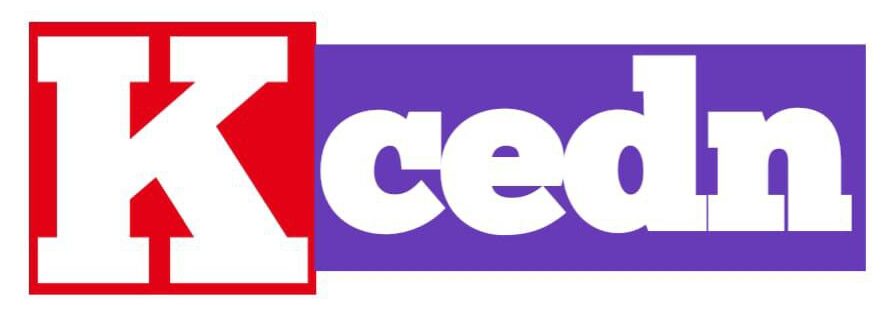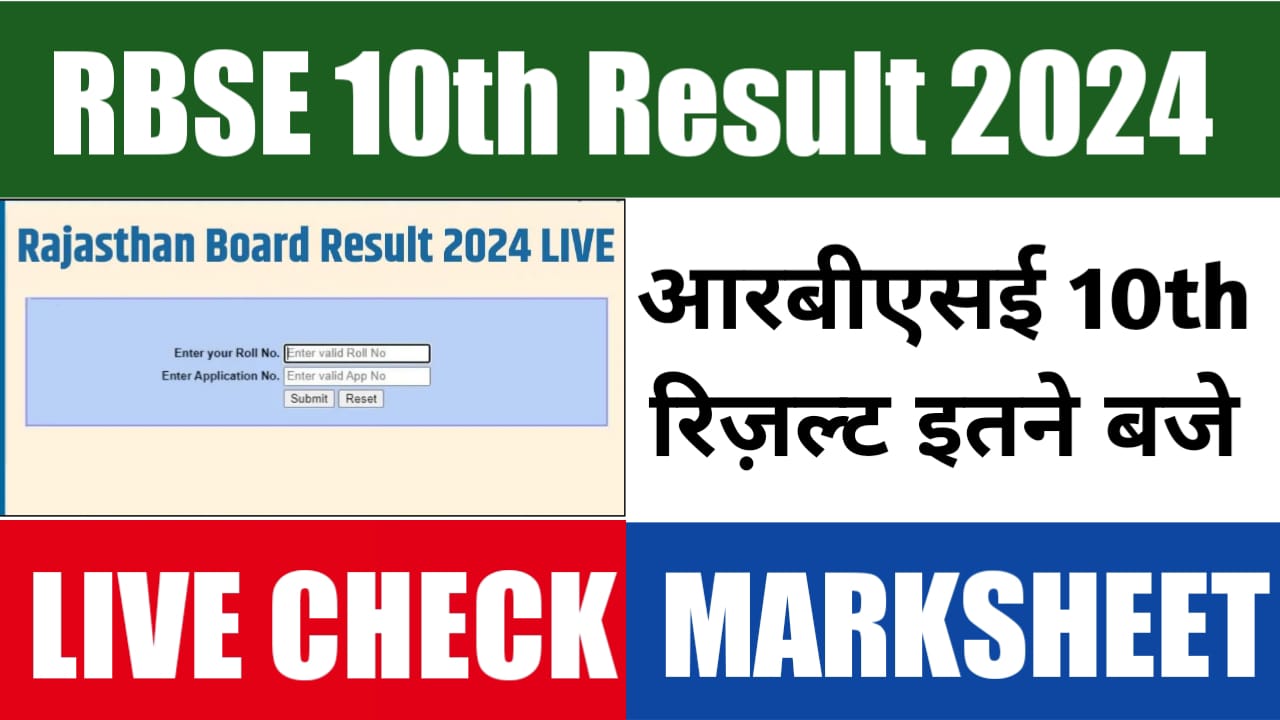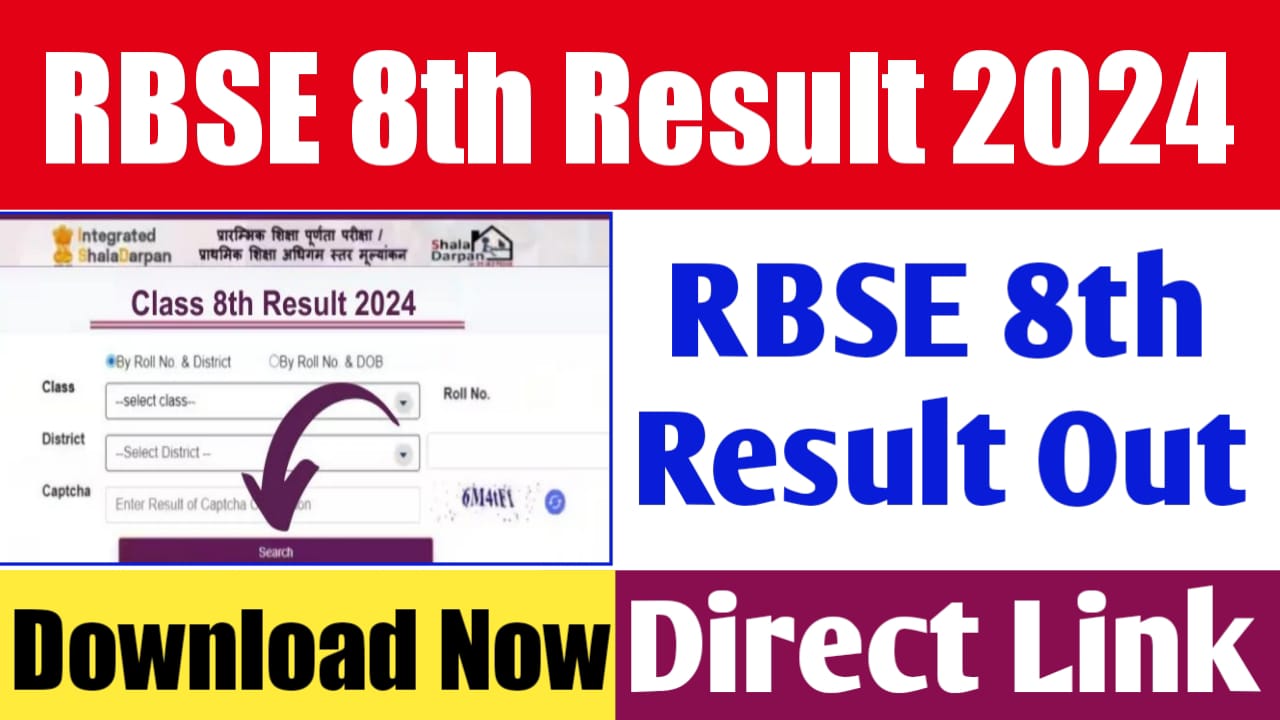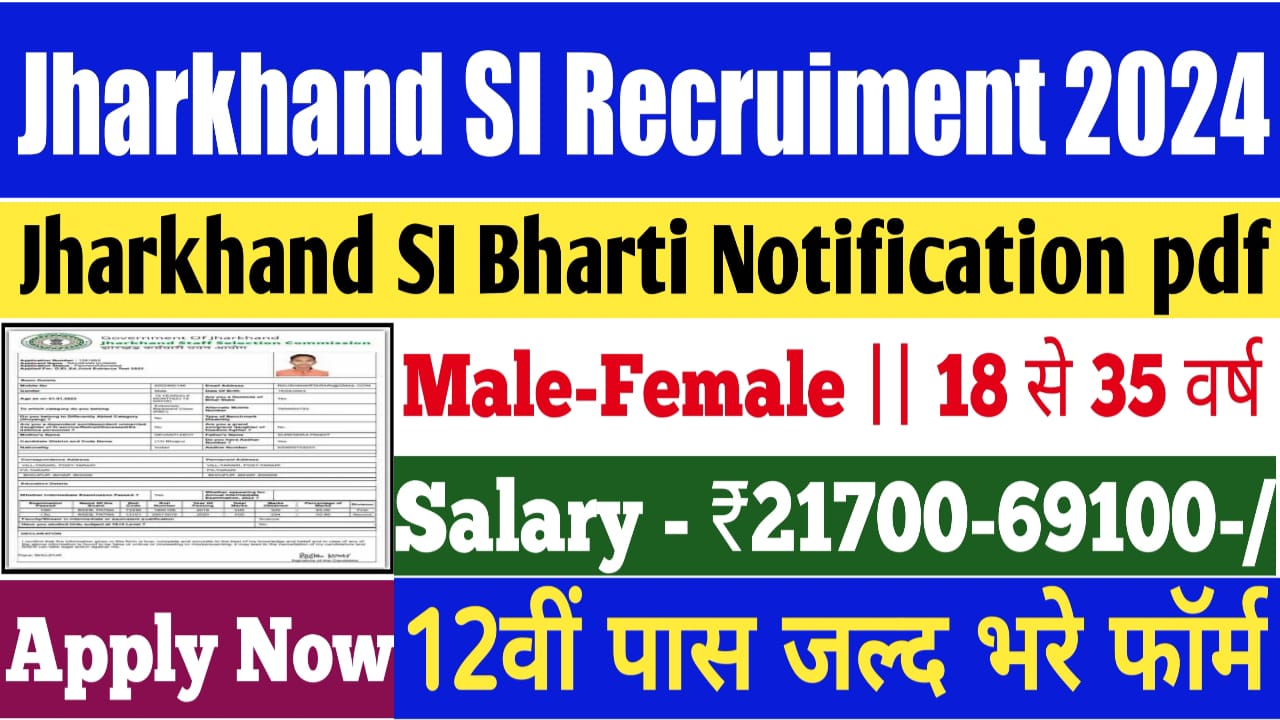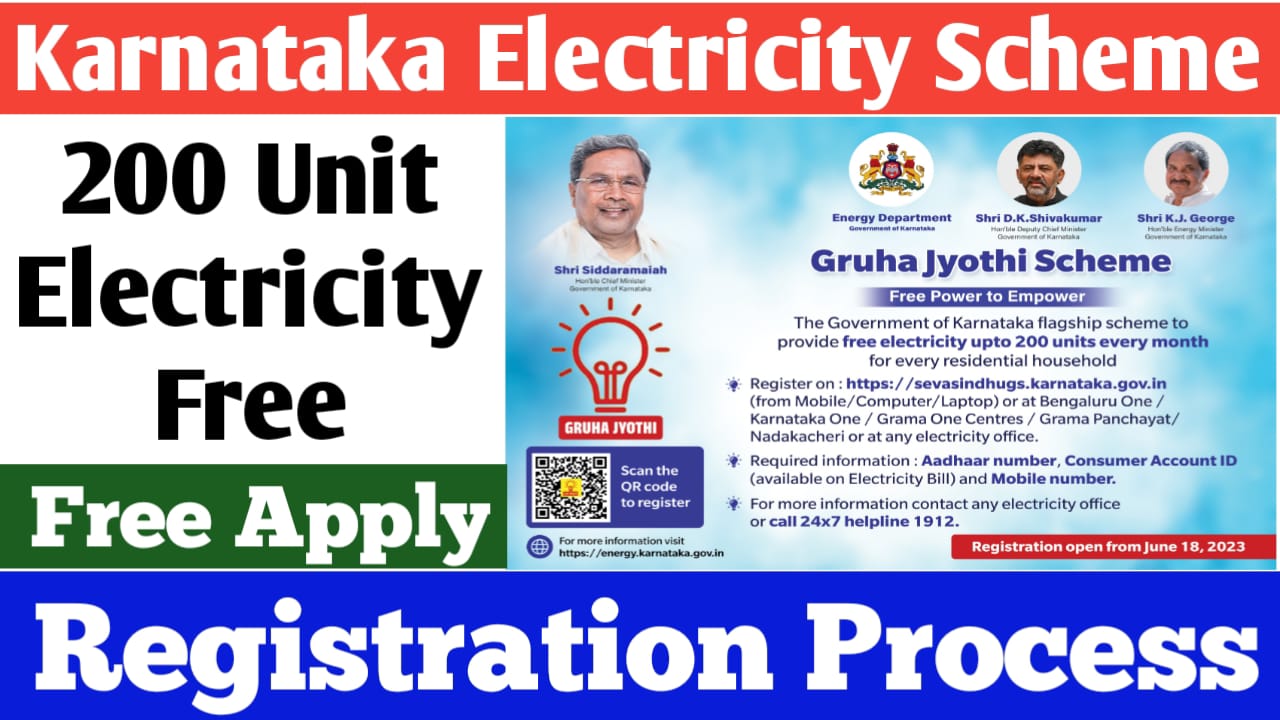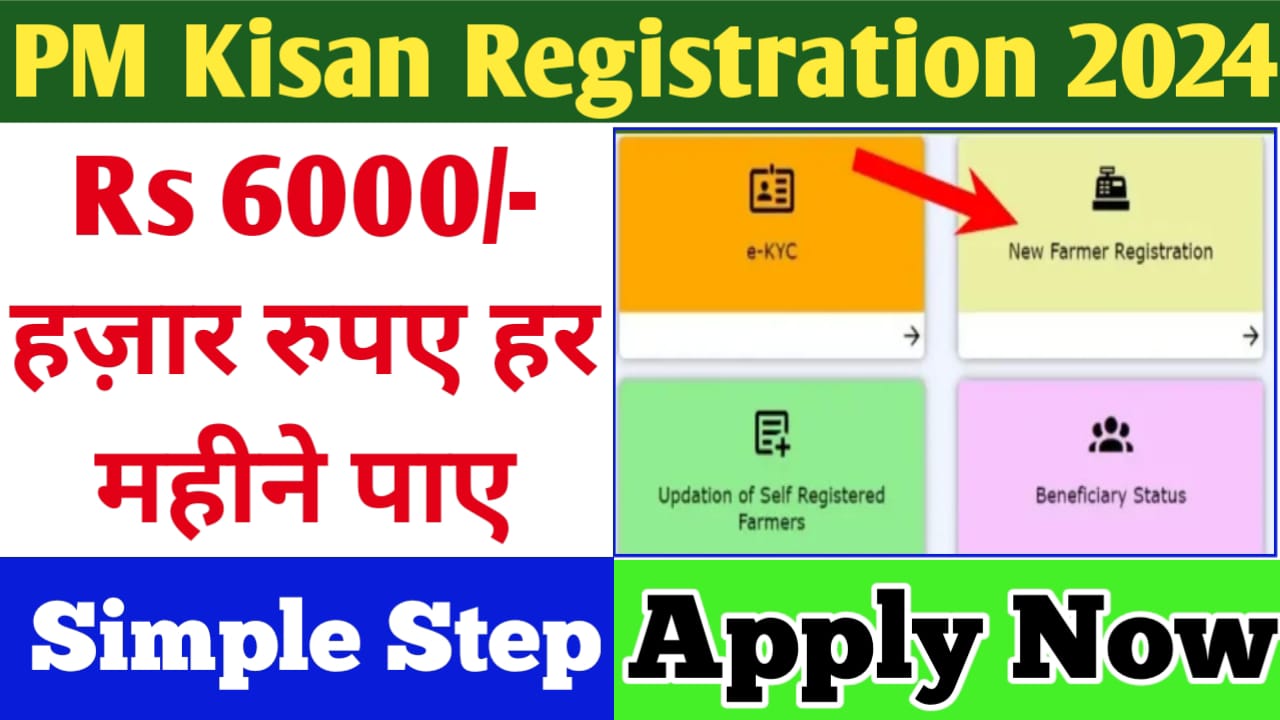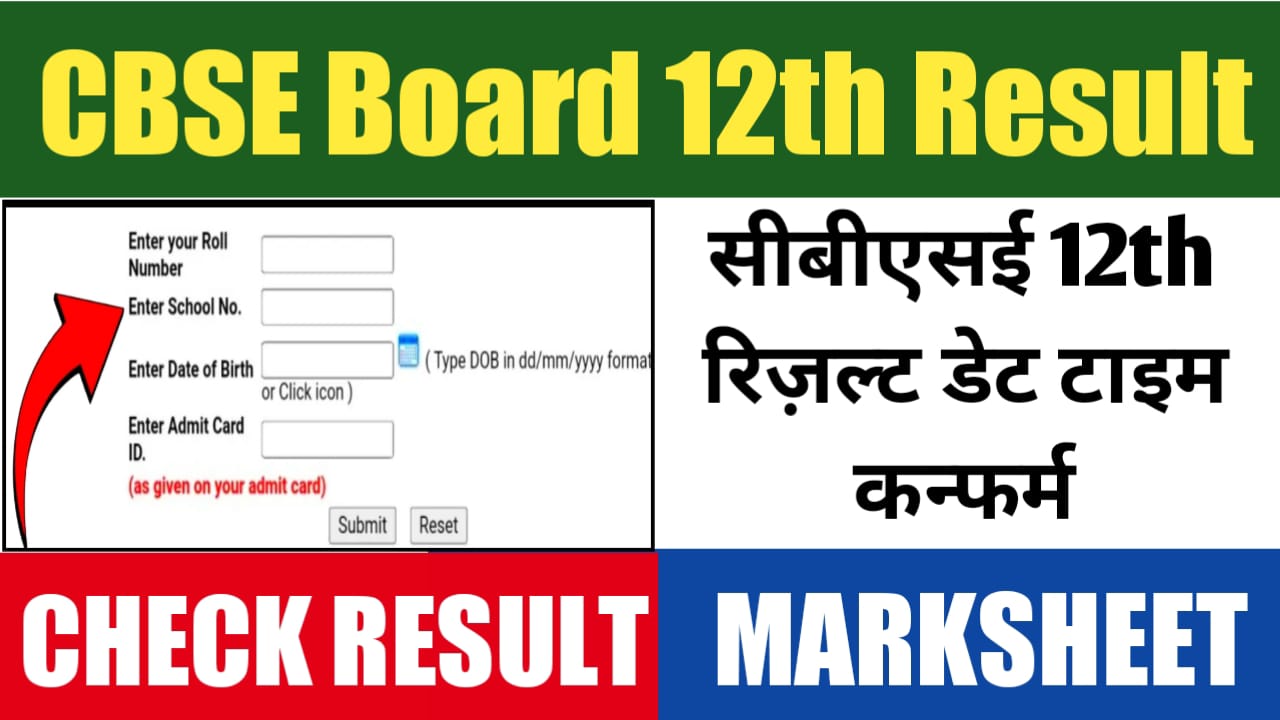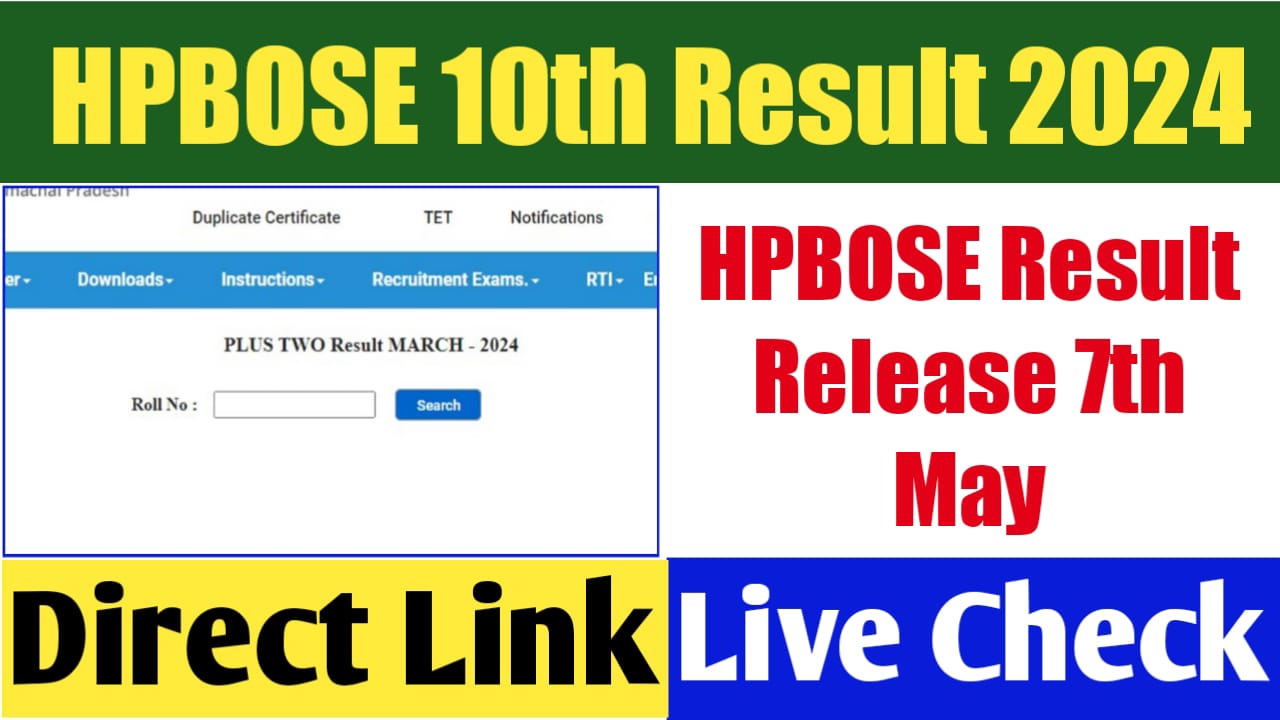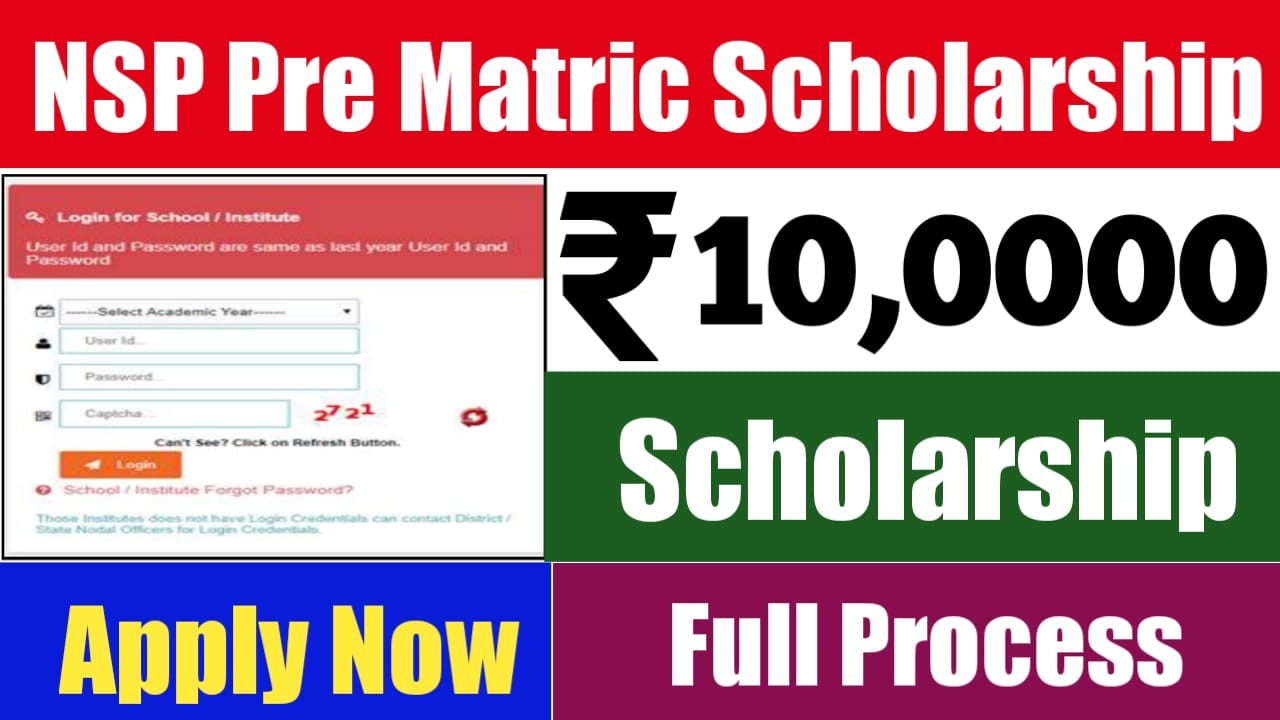22 Carat Gold Rate, India, UP, Lucknow, State Wise Price Check Here
If you want to get information about buying gold, then you can get all the information here before that. You should check the latest price of 24 carat and 22 carat gold and compare them. And make a wise decision. All the prices of both the 22–carat gold rate and the 24-carat gold rate have … Read more
